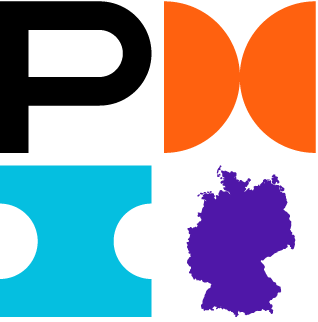Details
PMOs often have a lifespan of 2–4 years. Some are intentionally temporary—created to solve specific problems or support transformation programs, which themselves typically last 3–5 years. However, for a PMO to persist as an operational unit, it must continuously demonstrate value in alignment with the organization’s evolving strategy. Since PMOs are support functions rather than part of the core value chain, they must justify their existence by enabling benefit delivery, compliance, and strategic alignment.
Programs excel at this, as they aim to deliver benefits—often evolving with changing organizational needs. When a PMO is run like a program, it becomes adaptive, benefit-focused, and responsive to risk and opportunity. This approach sustains the PMO and ensures it contributes meaningfully to the organization’s success.
Such a PMO becomes an outcome of a continuous, dynamic transformation effort—constantly evolving to meet new challenges.

